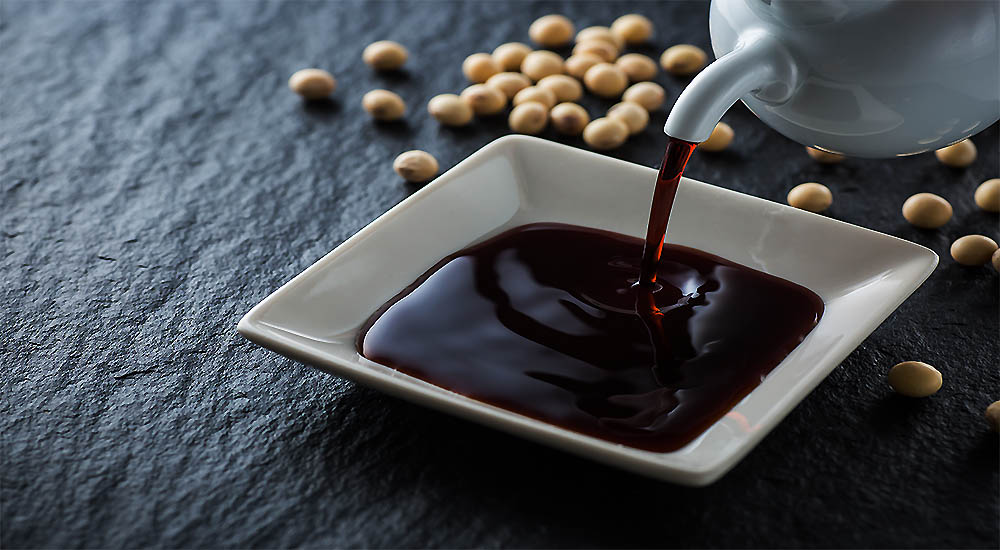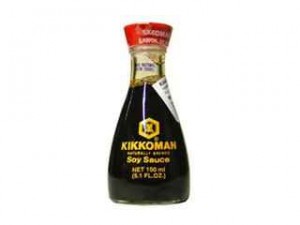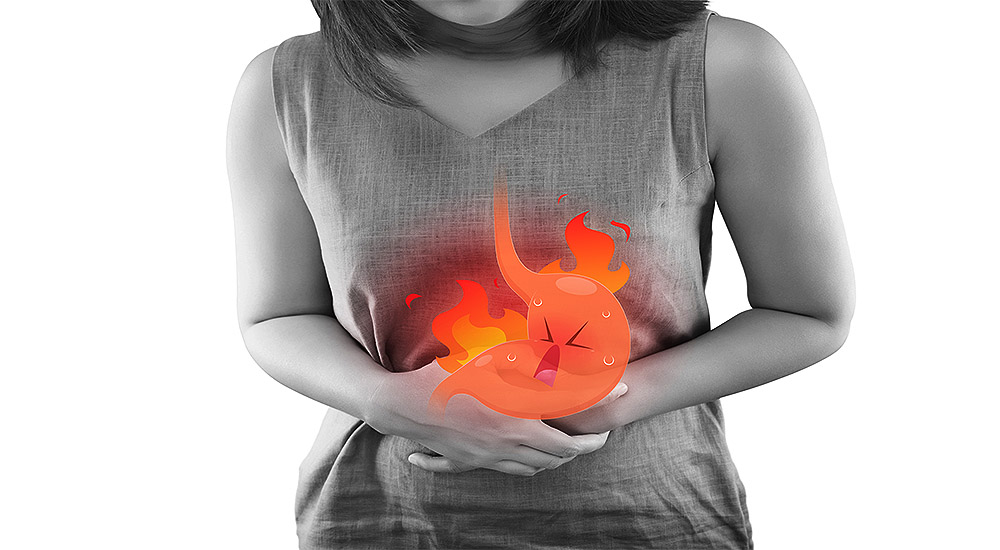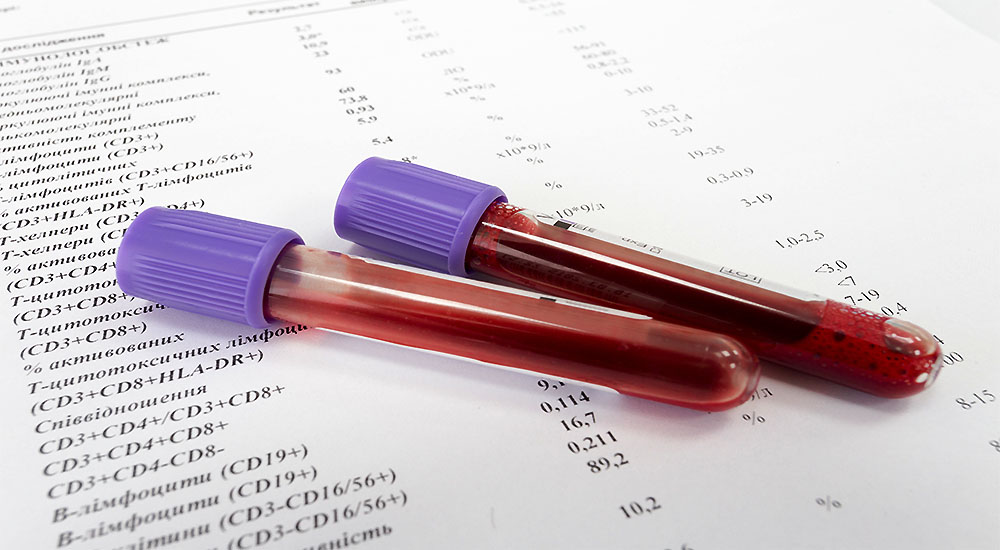Soy Sauce – Gluten Free or Gluten Full?

Study Reveals Wheat Containing Soy Sauce ‘Safe’?

Here is my analysis: Celiac.com is an excellent site providing up to date information to those who suffer from gluten intolerance. One of their regular contributing authors, Jefferson Adams, is prolific on the subject and does an outstanding job presenting current research.
Last week (October 11, 2012) he posted an article about the proposed safety of soy sauce. He wasn’t discussing the gluten-free tamari that’s available, but rather the standard soy sauce that contains wheat as an ingredient.
On the face of it, such a claim might make little sense (considering the wheat on the label), but let’s look at why he proposed that wheat-containing soy sauce might be safe to consume.
I Am Highly Skeptical of this Research
Perhaps I should say, for those who like to skim rather than completely read, I do not agree with the research findings Mr. Adams presented in this case. I do not think that this wheat-containing soy sauce is safe.
And for those of you who love to read, last August 8th, I posted a blog titled “Labelled ‘Gluten-free’ but Still Contains Gluten? Yes!” that goes into greater detail of what I am about to discuss. Okay, now back to the explanation…
Partial Digestion of Gluten is Not Enough to Prevent Problems
Mr. Adams found some research on fermented soy sauces, specifically produced by the companies Kikkoman and Lima foods. Kikkoman uses natural fermentation and Lima foods use chemical hydrolysis.
Hydrolysis is the addition of water in the presence of heat, to break down or predigest food. Correctly, it was noted that chemical hydrolysis introduces potentially toxic and carcinogenic substances into food and therefore that soy sauce was not included in the testing he reported.
Instead, he only reported on the research that utilized soy sauces produced from natural fermentation. The report stated that the naturally fermented soy sauces tested at under 20 ppm for gluten. In fact, it tested under 5 ppm.
Those results sound promising, but there’s more to consider. If such soy sauce is ‘fine’, why then have I found so many patients who go out for sushi or other ethnic food only to have a bad reaction to soy sauce?
And since Kikkoman is the brand that seems to have ‘cornered the market’ here in the US, I do feel that I am likely comparing the same soy sauce that the research cited as ‘gluten-free’.
Another Research Team Sheds Light on Hydrolyzed Foods
The answer seems to lie in a different research study published last March in Talanta, a peer-reviewed scientific journal in pure and applied analytical chemistry. In this study, the authors focused on hydrolyzed foods and the ‘false negative’ they produced when tested by the standard measuring procedures to determine gluten content in food. The lab report provided by the author on celiac.com was in another language and therefore difficult to know what method they used but based upon the fact that they concluded no gluten was present, I presume that they used R5 ELISA, the standard method.
While the Talanta study evaluated beer, baby food, and syrup, not soy sauce, I think their findings do lead to some healthy suspicion about soy sauce as well considering that we are discussing hydrolyzed products. Hydrolysis is partial digestion or breakdown of food into smaller components – in this case, polypeptides. If it was complete digestion down to individual amino acids, we would certainly have no issues. But it is the ‘partial’ aspect that can be problematic.
It is estimated that the overly large gluten protein contains at least 60 fragments that can create negative health effects. Knowing this fact inspired the researchers from the Talanta journal, who hailed from Spain, to come up with a more sensitive (and less expensive) way to measure gluten that had been hydrolyzed.
More Sensitive Testing Shows a lot of Gluten Present!
What they found was that several beers that had gone through the hydrolysis procedure and tested gluten-free according to standard R5 ELISA, in fact, were found to have 68 to 218 ppm (parts per million) of gluten when they utilized their more sensitive testing. They call their method ‘sandwich R5 ELISA’.
Did they test soy sauce from Kikkoman? No. But you must admit that the focus here should be less on the exact food than on the fact that a known gluten-containing item underwent hydrolysis and was found to be gluten-free according to standard methods but far from acceptable with a more sensitive method.
When I wrote the blog last August, I stated that most hydrolyzed foods aren’t particularly good for you anyway. I still stand by that, but when you hear ‘natural fermentation‘ (hydrolysis) and a lab report stating that it’s gluten-free, you could easily be compelled to think such food was safe.
Getting back to our celiac.com author – Mr. Adams wisely states that you need to make up your own mind and he asks what others have experienced. All I can say is that when I consider the many patients who have reacted negatively to soy sauce and add to that the research from Spain last March, I personally would advise avoiding such food items.
Gluten Affects Many Quite Silently
And finally, remember that gluten can affect the body in many ways that you cannot feel. Stress to your immune system that can create autoimmune disease in several years is not something that you feel at the time. Similarly, nervous system inflammation often occurs for quite a period of time before measurable symptoms manifest. So if you’ve tried this soy sauce and you don’t ‘feel’ bad, realize that isn’t the best benchmark. If you’re curious, here at Root Cause Medical Clinic’s clinical nutrition department, we can perform a blood test to find out if your immune system is currently reacting to gluten – not something that should be happening if you’re following a strict gluten-free diet. I hope you found this helpful.
Do you need help with your health?
We have the diagnostic and testing tools, the clinical experience, and a different medical approach to discovering the root cause of why you have the symptoms that are bothering you. As long as you are ready to make some dietary and lifestyle changes, we can help you. We will "hold your hand" through the changes, step by step, to make each step an easy one. We are located in Clearwater, FL, at 1000 S Ft Harrison, at the corner of Ft. Harrison Ave. and Magnolia St. There is plenty of parking space directly accessible from Ft Harrison. If it is not convenient for you to come to Root Cause Medical Clinic, we offer telehealth/telemedicine consultations to residents of certain states. Call us for details.
Contact us for a Consultation – Call 727-335-0400

Dr. Vikki Petersen DC. CCN
Founder of Root Cause Medical Clinic
Certified Functional Medicine Practitioner
Dr Vikki Petersen is a public speaker, author of two books, several eBooks and creates cutting edge content for her YouTube community. Dr Vikki is committed to bringing Root Cause Medicine and its unique approach to restoring health naturally to the world.
Ask a Doctor
Have a health concern you'd like to speak with a doctor about? Or just want clarity on a subject? Ask Us!


